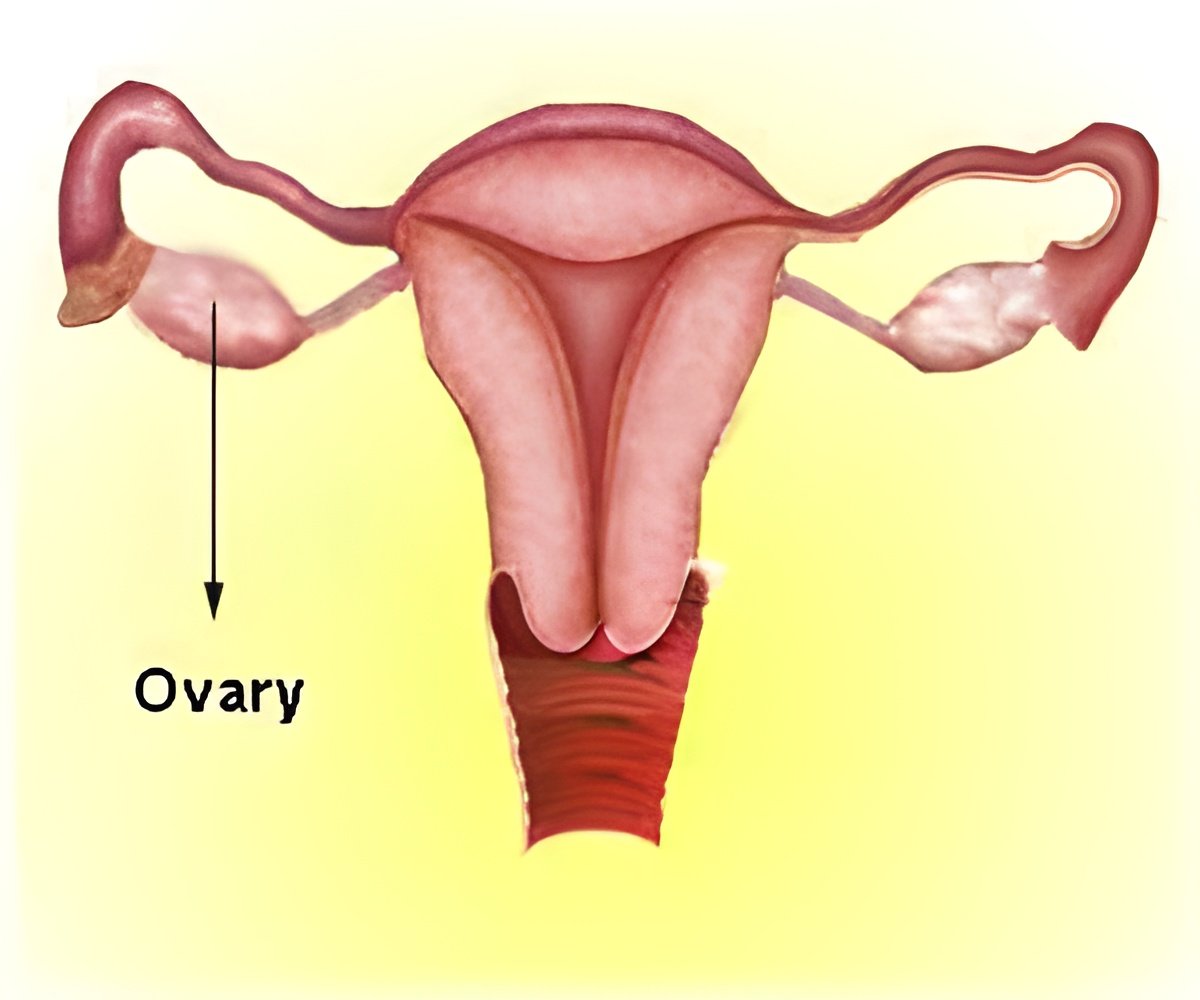Scientists at Rush University Medical Center have identified a molecule in the bloodstream of infertile women that has the potential for early ovarian cancer detection.

"The finding is extremely important because at present medical tests are unable to detect ovarian cancer in its early stages, which is why death rates from this disease are so high," said Judith Luborsky, PhD, professor of pharmacology, obstetrics and gynecology and preventive medicine at Rush and lead author of the study.
"Our approach to discovering cancer biomarkers was unique in this study. Instead of investigating molecules specific to ovarian cancer alone, we asked what molecules women with a risk of ovarian cancer and those with ovarian cancer had in common," she added.
The study enabled the researchers to explain the link between infertility and ovarian cancer that has been established in numerous epidemiological surveys.
"More important, with the discovery of the mesothelin antibody, we now have what appears to be a biomarker that can potentially be used in screening tests to help us conquer ovarian cancer," said Luborsky.
The study has been detailed in the online version issue of Cancer Epidemiology, Biomarkers and Prevention.
Advertisement










